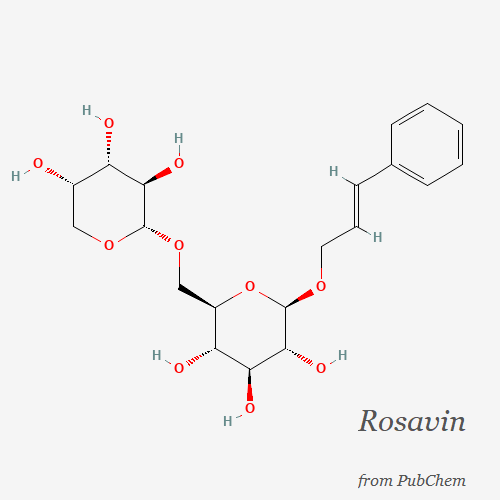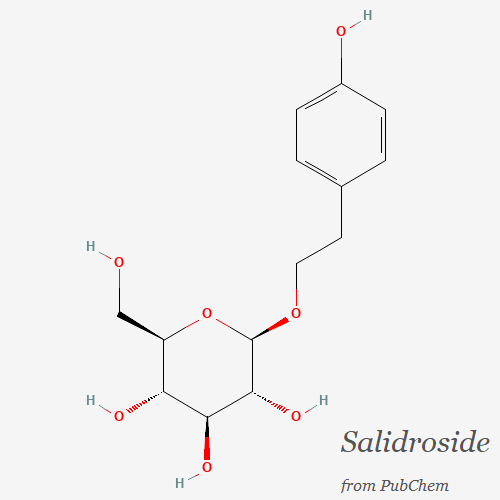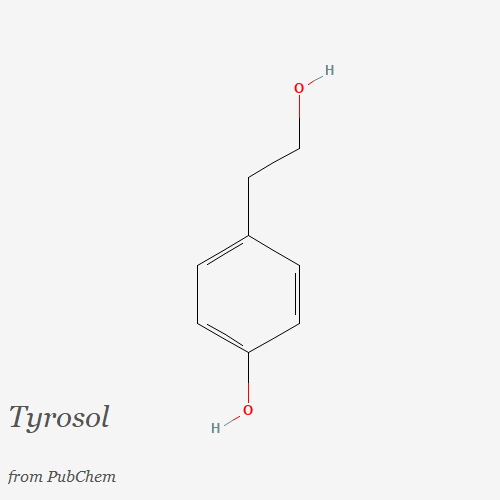
Rhodiola Rosea, also known as the golden root, is a widely recognized natural adaptogen used for centuries in traditional medicine. Adaptogens are natural substances that assist the body in adapting to stress, and numerous health benefits have been attributed to Rhodiola Rosea. Research indicates that this adaptogen can help alleviate stress and fatigue, enhance mood, and boost mental performance.
A study published in the journal Phytomedicine revealed that Rhodiola Rosea improved cognitive function in individuals experiencing stress-related fatigue. The research demonstrated increased attention, memory, and accuracy in cognitive tasks among the participants. Moreover, Rhodiola Rosea has also been found to offer potential benefits for athletes. One study showed that male cyclists experienced enhanced endurance performance after using Rhodiola Rosea, citing increased time to exhaustion, decreased perceived exertion, and improved recovery time after exercise.
In addition to its stress-reducing and performance-enhancing properties, Rhodiola Rosea has shown potential benefits for people with mild-to-moderate depression. The Nordic Journal of Psychiatry published a study that found Rhodiola Rosea to have improved depressive symptoms in its participants, with reports of decreased depression, anxiety, and emotional instability.
What sets Rhodiola Rosea apart? The answer lies in its bioactive substances and mechanism of action. It contains a group of compounds known as rosavins, salidroside, and tyrosol, which exhibit antioxidant, anti-inflammatory, and neuroprotective properties.

Rosavins are a noteworthy variety of natural compounds, primarily due to their ability to decrease stress and anxiety. Another study found that these compounds positively impacted mood and reduced symptoms of depression. Furthermore, rosavins possess anti-inflammatory properties, as they can inhibit the production of inflammatory cytokines. Recent research has reported that Rhodiola Rosea extract containing rosavins improved cognitive function and reduced mental fatigue in healthy adults. Additionally, rosavins have high antioxidant capacity and can protect cells from oxidative damage.

Salidroside offers potent antioxidant properties that protect cells from damage caused by free radicals. It also exhibits anti-inflammatory capabilities, helping to reduce inflammation and pain in the body. Alongside these properties, salidroside has shown favorable effects on mental health, with research reporting its potential to reduce anxiety and depression, enhance cognitive function, and guard against age-related cognitive decline.

Tyrosol, a naturally occurring phenolic compound, has been demonstrated to scavenge free radicals. Besides its antioxidant characteristics, tyrosol also exhibits anti-inflammatory effects, as illustrated in a study where it reduced inflammation in rats with colitis, a type of inflammatory bowel disease.
One of the most intriguing properties of Rhodiola is its ability to modulate pain response, especially when combined with B vitamins. A study found that a supplement containing Rhodiola and B vitamins significantly reduced pain intensity and improved quality of life in patients with chronic low back pain. The synergistic effects of Rhodiola and B vitamins on pain response suggest a promising alternative for pain management, especially in cases where conventional therapies fail to provide relief.
Another area of interest for Rhodiola supplementation is premature ejaculation. A study found that a supplement containing Rhodiola was effective in reducing premature ejaculation and improving sexual function in men.
In recommended doses, Rhodiola Rosea is generally considered safe. In conclusion, Rhodiola rosea is powerful natural adaptogen for individuals seeking to reduce stress, improve performance, and enhance their mood. Its unique bioactive substances and mechanism of action make Rhodiola Rosea a potent remedy.